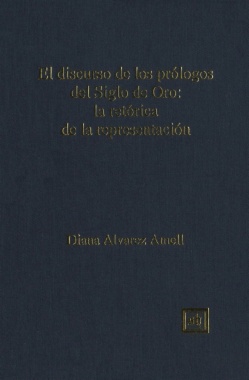

This study is a timely rereading of the prologues of three influential Golden Age Spanish novels: Lazarillo de Tormes, Guzmán de Alfarache, and Don Quijote. By addressing the literary issues raised in these very distinct and different prologues, this study places them within a literary tradition while analyzing how these topoi are transformed when deployed in the formation of a new literary form. The study is divided into four parts, while the introduction analyzes how different theoretical schools of the last decades have grappled with the problem of explaining how literary significance is actually achieved, taking into account the complex dynamic set off in the interrelationship among the author, the text, and the reader. Preface by Antonio Cao.